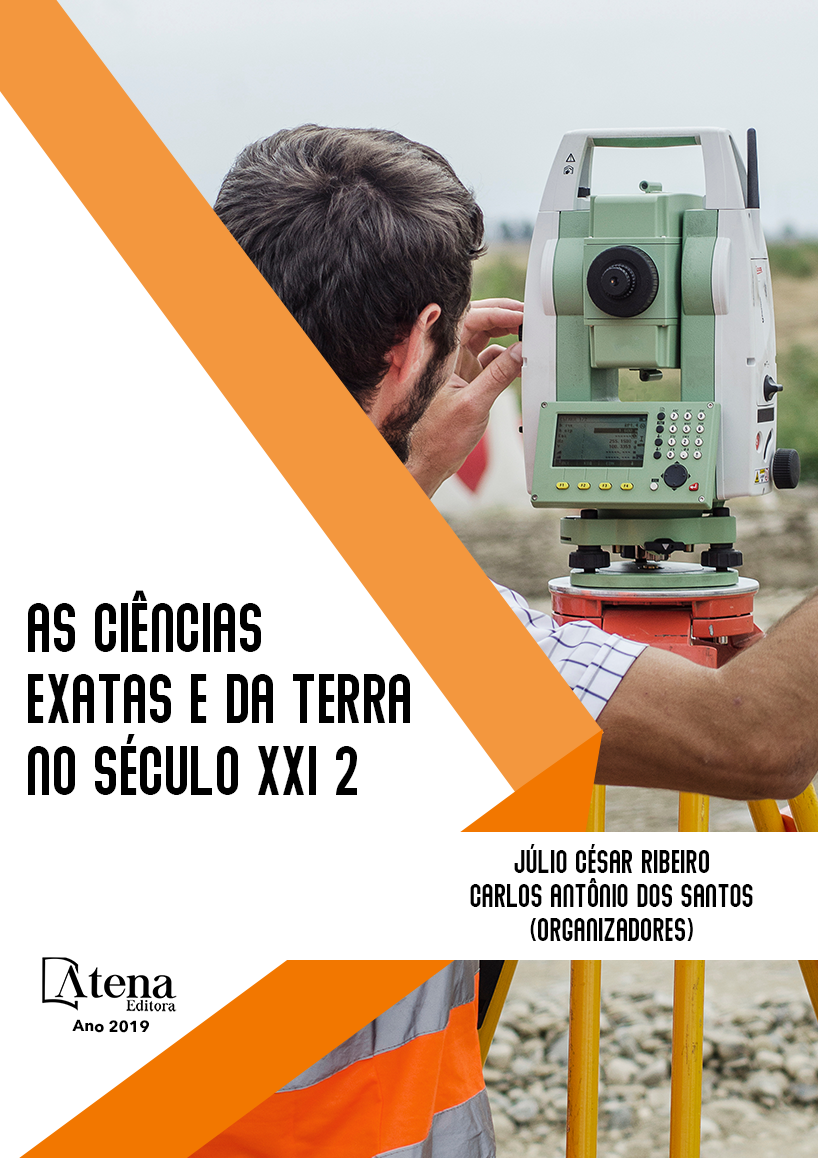
SABERES INFORMAIS SOBRE CIÊNCIAS COMO PONTE PARA O CONHECIMENTO FORMAL
Este trabalho surge da necessidade
de reflexão sobre os saberes iniciais dos
estudantes ingressos no Curso Técnico
Integrado em Agropecuária do Campus
Planaltina do Instituto Federal de Brasília,
oriundos principalmente do meio agrícola, que
trazem consigo conhecimentos práticos sobre
Ciências no cotidiano rural. Assim, sabendose
que existem numerosas dificuldades na
aprendizagem de Ciências, pretende-se, numa
abordagem integrada no âmbito da Educação
Social, valorizar os saberes informais (dos
conteúdos e linguagem) articulando-os e
potencializando-os, onde possível, no âmbito
da aprendizagem formal de Ciências, como
forma de diminuir o referido insucesso. Em
termos da problemática central foi abordada a
questão das socializações e o uso dos códigos
restrito e elaborado como aspecto importante no
processo de ensino aprendizagem do referido
público. Como resultados mais relevantes,
observamos a importância da diferenciação dos
códigos e consequentemente das linguagens
(pública e formal) como ponto de partida para
reconhecimento dos recursos reais do discente;
e com isso facilitar o aprendizado de uma
segunda forma de linguagem, ampliando os
estímulos, desenvolvendo a organização mais
elaborada das respostas e consequentemente
instrumentalizando para a autonomia.
SABERES INFORMAIS SOBRE CIÊNCIAS COMO PONTE PARA O CONHECIMENTO FORMAL
-
DOI: 10.22533/at.ed.80519071018
-
Palavras-chave: Ensino de Ciências, Códigos linguísticos, Curso Agrotécnico.
-
Keywords: Science teaching, Linguistic codes, Agricultural Technician Course.
-
Abstract:
This work arises from the need to
reflect on the initial knowledge of the students
enrolled in the Integrated Agricultural Technician
Course of the Campus Planaltina of the Federal
Institute of Brasília, mainly from the agricultural
environment, which brings with it practical
knowledge about Sciences in rural daily life.
Thus, with the knowledge that there are many
difficulties in learning science, it is intended,
in an integrated approach in the field of Social
Education, to value informal knowledge (content
and language) by articulating them and making
them possible, where possible, within the scope
of the formal learning of Sciences, as a way to reduce this failure. In terms of the central
problematic, the issue of socialization and the use of restricted and elaborated codes
as an important aspect in the teaching process of this public were addressed. As more
relevant results, we observe the importance of the differentiation of the codes and
consequently of the languages (public and formal) as starting point for recognition of
the real resources of the student; and thereby facilitate the learning of a second form
of language, amplifying the stimuli, developing the more elaborate organization of the
answers and consequently instrumentalizing for the autonomy.
-
Número de páginas: 15
- Deine Bispo Miranda
- Paulo Coelho Dias
- Maria Cristina Madeira da Silva


